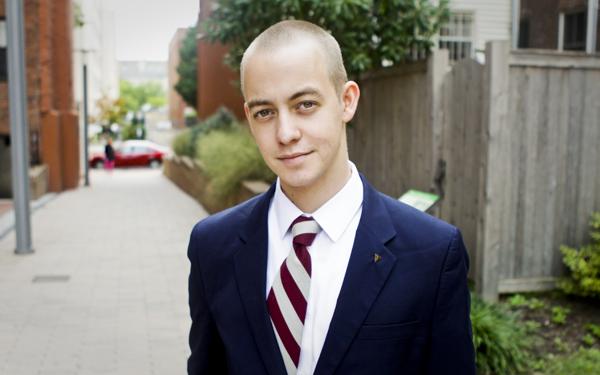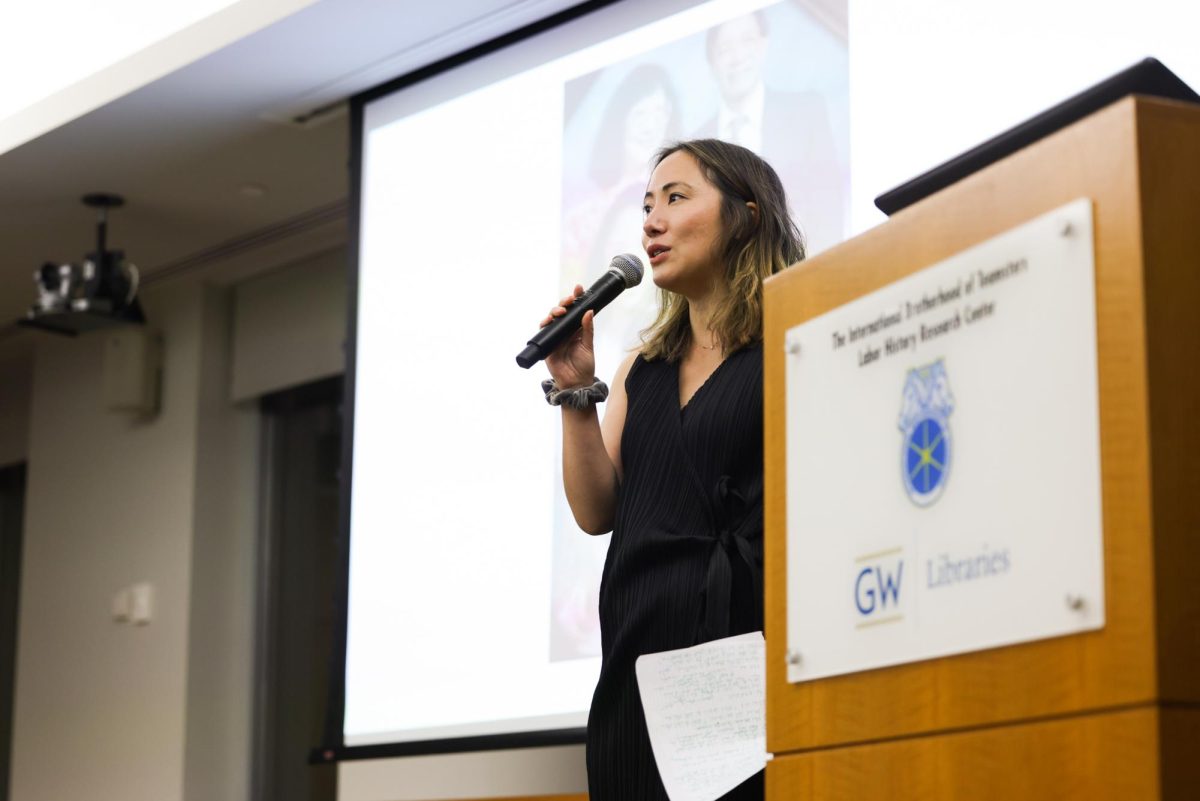Freshman Spencer Perry sat in front of nine justices last spring as high-powered lawyers argued the fate of his family at the Supreme Court.
But Perry – the son of Kristin Perry and Sandra Stier, plaintiffs in this year’s Supreme Court case Hollingsworth v. Perry – had trouble focusing as his family’s four-year odyssey in the national spotlight neared its end. His mind darted, but not because of nerves.
“I had severe food poisoning,” Perry said. “So I’m sitting there in like a cold sweat, my suit is just disgusting, and I’m sitting there and I’m just like, ‘Focus, focus on what’s happening right now.’”
After the arguments, the Supreme Court ruled in favor of Perry’s mothers in June, striking down the California gay marriage ban, Proposition 8. But the ruling did not apply on a federal level.
“They didn’t give the ruling that we were hoping for, a sweeping one, but it’s understandable,” Perry said. “So although what we were hoping for was large … my mom always says being a part of history was an incredible experience and something that I’ll never forget and I’ll always treasure.”
The experience galvanized Perry, who is double majoring in political science and economics, to speak out for marriage equality on a highly public and visible level. Today, his advocacy includes outreach work and speaking engagements with Human Rights Campaign and GW’s Allied in Pride.
Perry was in eighth grade when his family became involved in the case. His mothers were recruited by the Los Angeles-based American Foundation for Equal Rights to champion same-sex marriage in court.
Perry grew into activism as a member of his high school’s speech and debate team and Model United Nations. The programs had him traveling around the country, including to some southern states where often, crowds were hostile toward gay marriage.
“There have been times where I’ve been threatened, bullied, punched, this and that, and it kind of comes with the territory,” Perry said.
But he said his travels and encounters with young people also showed a growing understanding of LGBT issues.
“More often than not, if I go to those conferences I’m dealing with people my same age, people have an enormous appreciation for the marriage equality movement,” he said.
And the fervor Perry brings to the cause is not unusual among his generational peers.
Chad Griffin, president of D.C.-based Human Rights Campaign, said millennials are among the most reliable supporters of LGBT rights and marriage equality. Eighty-one percent of Americans age 18 to 29 support same-sex marriage, according to a March Washington Post-ABC News poll.
“We need young leaders like Spencer on the front lines as we move into the next chapter of the fight for equality, because they are the most passionate, most knowledgeable and most committed advocates in the country,” Griffin said in an interview.
Perry now serves as a freshman representative for the student organization Allied in Pride, a position which has helped him gain some insights into GW’s LGBT community.
Perry said that in the absence of high-profile court cases or national events, the gay community can lose the unification – and momentum – it needs. Mostly, he said Allied and groups like the Multicultural Student Services Center and the Global AIDS Campaign don’t draw as many students as one would expect on a campus with a large LGBT population.
“They just don’t have the kind of membership that’s representational of the school itself and its large gay population. So my critique for GW would be maybe not, I wouldn’t say apathy, but maybe a non-willingness to commit to the unification of the community. I think that’s true for D.C.,” Perry said.
Perry, who is straight, said straight LGBT allies can get involved in the gay rights cause by joining Allied or volunteering for the HRC.
Sometimes, even the smallest courtesies can make all the difference.
“Maybe it’s as simple as greeting your LGBT neighbor, family member, friend and saying that you support what they do,” Perry said. “Or, recognize that it’s part of their identity, but maybe not what defines them as a person.”






